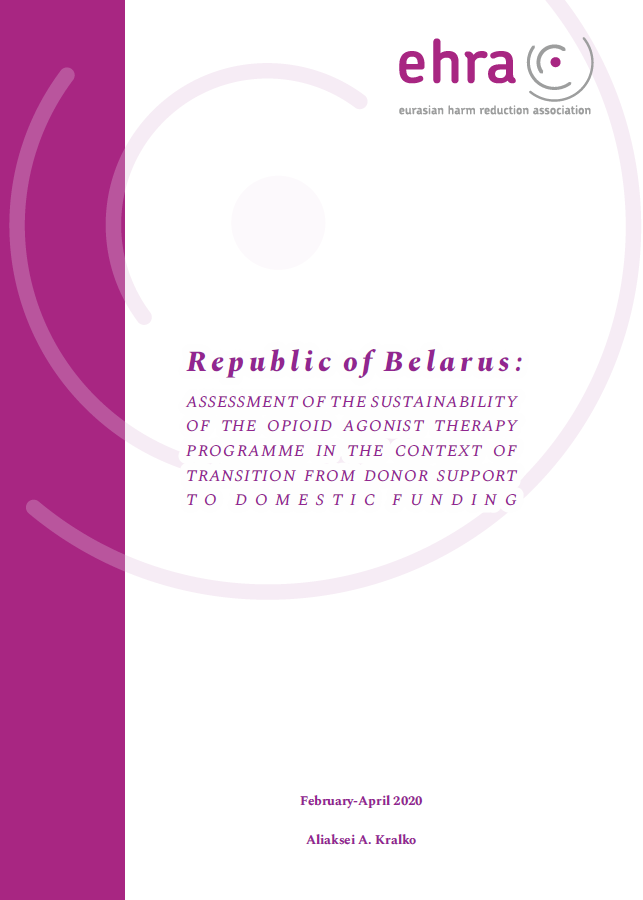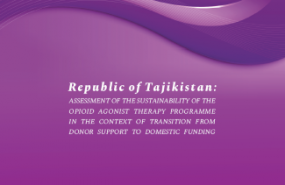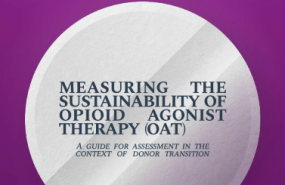Аssessment of the sustainability of the opioid agonist therapy programme in the context of transition from donor support to domestic funding in Belarus
- 03.08.2020 15:52
- Post Views: 955
his assessment was carried out in Belarus in February – April 2020. It covers the current situation, progress made, risks and opportunities to ensure the sustainability of OAT programs in the Republic of Belarus, with a focus on programmatic aspects and a focus on the following three areas: politics and management, finance and resources, and services. The assessment includes a review section, analysis of progress, obstacles and opportunities in each of the areas, as well as general conclusions and recommendations for government ministries and departments, national coordinating bodies, practitioners, civil society, technical partners and donors. The evaluation also includes relevant recommendations on adaptation of the OAT programs in the context of the COVID-19 pandemic.
The assessment tools and related guide were developed by the Eurasian Harm Reduction Association based on previous framework concepts, as well as experience in assessing sustainability and preparedness for transition in the areas of HIV, tuberculosis, malaria and harm reduction with the support of the UNFPA Regional Office for Population (UNFPA) for Eastern Europe and Central Asia in 2019.

Materials
Presentation by Raminta Stuikyte
Presentation by Aleksei Kralko
Related News
Аssessment of the sustainability of the opioid agonist therapy programme in the context of transition from donor support to domestic funding in Tajikistan
This assessment has been initiated by the Eurasian Harm Reduction Association to assess the progress in reaching sustainability of the opioid agonist therapy (OAT) programme in the Republic of Tajikistan in the context of transition from donor support to domestic funding. Post Views: 960 Read moreMeasuring the sustainability of opioid agonist therapy (OAT) – a guide for assessment in the context of donor transition
This Guide was initiated by the Eurasian Harm Reduction Association to provide countries with an approach and tools to assess their progress in building the sustainability of opioid agonist treatment (OAT) within the context of donor transition. This material builds upon previous assessment frameworks and experiences in measuring sustainability and transition readiness in the areas […] Read moreEHRA within its EECA Regional Platform has organized a Regional Working Forum to discuss the availability and provision of Global Fund-related Technical Assistance for CSOs and communities in the EECA region
The Eurasian Harm Reduction Association (EHRA) hosts the EECA Regional Platform for Communication and Coordination since December 2017. Post Views: 2,051 Read moreServices for migrants and refugees from Ukraine – HIV/TB care with a focus on key populations
Due to the increasing flows of refugees from Ukraine because of Russia’s invasion of Ukraine, the EECA Regional Platform created a spreadsheet to fill contacts details of face-to-face and online services for refugees and migrants (with a focus on HIV/TB care and key population groups).
Regional Platform – EECA
This web-resource is a part of new regional communication and coordination project “Regional Civil Society and Community Support, Coordination and Communication Platform - EECA”, implemented by Eurasian Harm Reduction Association (EHRA).
Tags
See also
-
EECA’s Regional Platform monthly Newsletter #20, January 2026 27.01.2026 12:58
-
Global Fund Eligibility List 2026 27.01.2026 11:19







